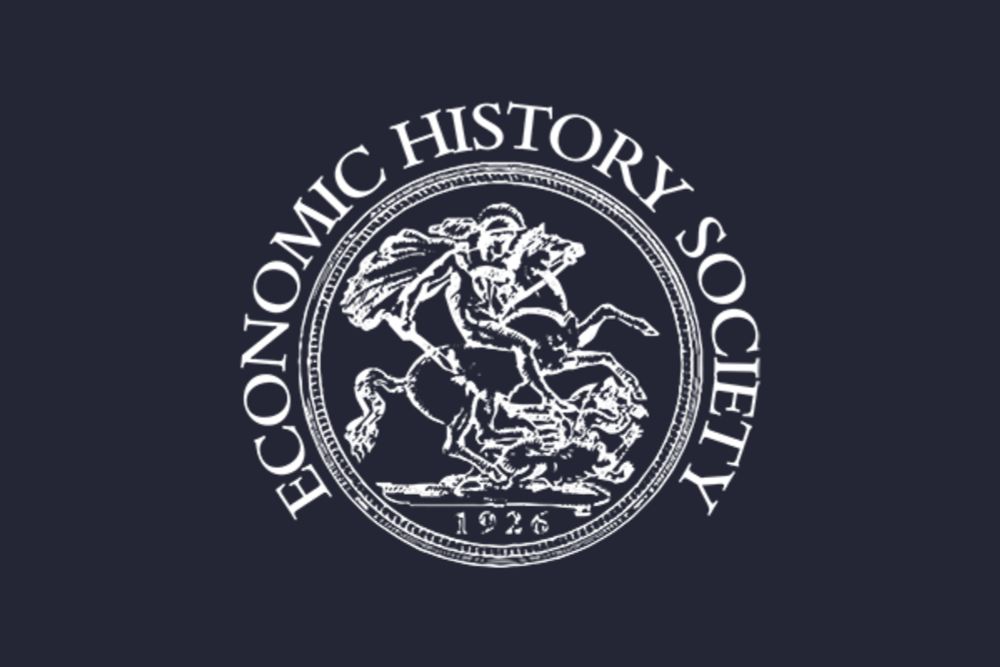
It uses lists of household goods & chattels forfeited to the crown to investigate changes in material living standards in the later 14th and 15th centuries, showing relatively little change in this period and placing the findings in context using equivalent evidence from the 16th century.
September 24, 2025 at 12:23 PM
It uses lists of household goods & chattels forfeited to the crown to investigate changes in material living standards in the later 14th and 15th centuries, showing relatively little change in this period and placing the findings in context using equivalent evidence from the 16th century.

Initiatives & Conference Fund - Economic History Society
The Economic History Society maintains a fund to encourage otherwise unfunded workshops, special meetings and other interesting initiatives in economic and social history. The Society is particularly ...
ehs.org.uk
September 23, 2025 at 11:17 AM

Carnevali Small Research Grants Scheme - Economic History Society
The Economic History Society maintains a fund to encourage small-scale research initiatives or pilot studies in economic and/or social history. Funds are available to support the direct costs of rese...
ehs.org.uk
September 17, 2025 at 11:57 AM
The replication package link is: doi.org/10.3886/E231...
Data and code for "Wealth inequality and epidemics in the Republic of Venice (1400-1800)"
doi.org
September 15, 2025 at 1:56 PM
The replication package link is: doi.org/10.3886/E231...
This article analyses the determinants of wealth inequality at the local level in the Venetian Republic 1400–1800 and explores the distributional effects of the terrible 1629–30 plague. It finds that increasing regressive taxation was a major source of inequality growth.
September 15, 2025 at 1:56 PM
This article analyses the determinants of wealth inequality at the local level in the Venetian Republic 1400–1800 and explores the distributional effects of the terrible 1629–30 plague. It finds that increasing regressive taxation was a major source of inequality growth.


